The government and the relevant ministries are working on a regulatory act to clarify how international sanctions imposed on the Russian companies Lukoil and Rosneft are to be transposed into national law, but also to limit the potential negative effects on the trading partners of the two energy giants following these sanctions.
According to Energy Minister Bogdan Ivan, the final version of this act will most likely be presented at the government meeting next week.
"Today we will have another round of technical discussions with the US Office of Foreign Assets Control (OFAC) to clarify the details of this regulatory act, so as to limit the negative effects, both on employees and on all suppliers or commercial partners of the two companies under sanctions," Ivan declared on Friday on the sidelines of the conference "The evolution of competition in key sectors under the impact of the energy transition and digitalization".
The Energy minister gave assurances that after the act is finalized, it will be explained "in detail".
"We are currently getting the regulatory act in line with international legislation, the European Community acquis and the Romanian legislation in order to have a formula as complete as possible. As soon as we finalize it (...) we will come and explain in detail each element related to this. Next week we will have a decision, a regulatory act adopted by the government, and the moment we have its final form, we will present it publicly. Most likely next week at the government meeting," Ivan emphasized.
He reiterated that fuel price hikes are not justified and that he requested the Competition Council to look at this issue in order to avoid potential artificial increases due to the sanctions imposed on the Russian company Lukoil. There is no justification for rising fuel prices, as Romania has sufficient supply, unused refinery capacity, and continues to export fuel. "With no sanctions in place yet and normal operations, I've officially asked the Competition Council to intervene and prevent speculative price hikes. Those responsible will be sanctioned," Ivan said.
Asked if Romania intends to request an exemption from the sanctions, as Bulgaria did, the minister replied: "Bulgaria depends on the Burgas refinery for over 90% of its fuel supply. That's a different detail. Romania, at this moment, does not depend, in terms of fuel supply, on the refineries under sanctions. We have no intention of doing so. This evening, after the discussion with the US OFAC, we will see exactly how we will apply these sanctions."
According to him, so far there are at least three companies that have officially expressed interest in the Lukoil gas station network and the Petrotel refinery.
"There are companies that have expressed interest only in the gas station network, other companies only for the Petrotel refinery. Now, it is obvious that this is a commercial offer between two private entities that I hope will have a finality," the minister mentioned, specifying that the countries where the companies are based are Romania, the USA, Greece and Hungary.
He also said that Lukoil's outstanding debts to the Romanian state amount to hundreds of millions of RON.
Reuters wrote on Thursday that American private equity firm Carlyle is exploring options to buy Lukoil's foreign assets. Also, according to sources familiar with the subject, MOL or Hellenic Petroleum would be interested.
Last month, the United States and Great Britain imposed sanctions on the largest Russian oil companies - Lukoil and Rosneft, in connection with the Ukraine war. The US Treasury has issued a license giving companies until November 21 to wind down any transactions with Lukoil. The US has moved to block Lukoil's attempt to sell its foreign to Swiss commodity trader Gunvor.

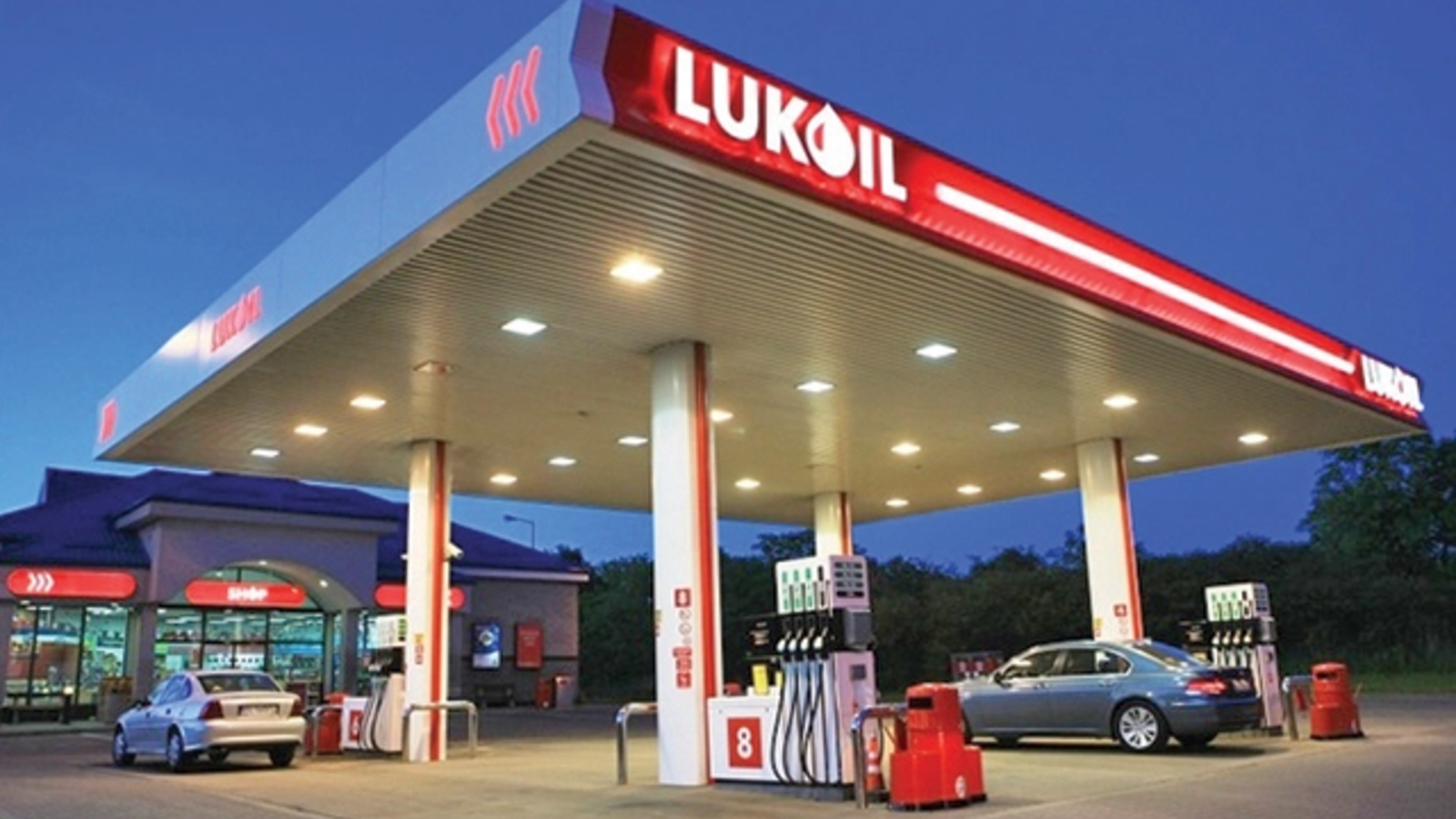

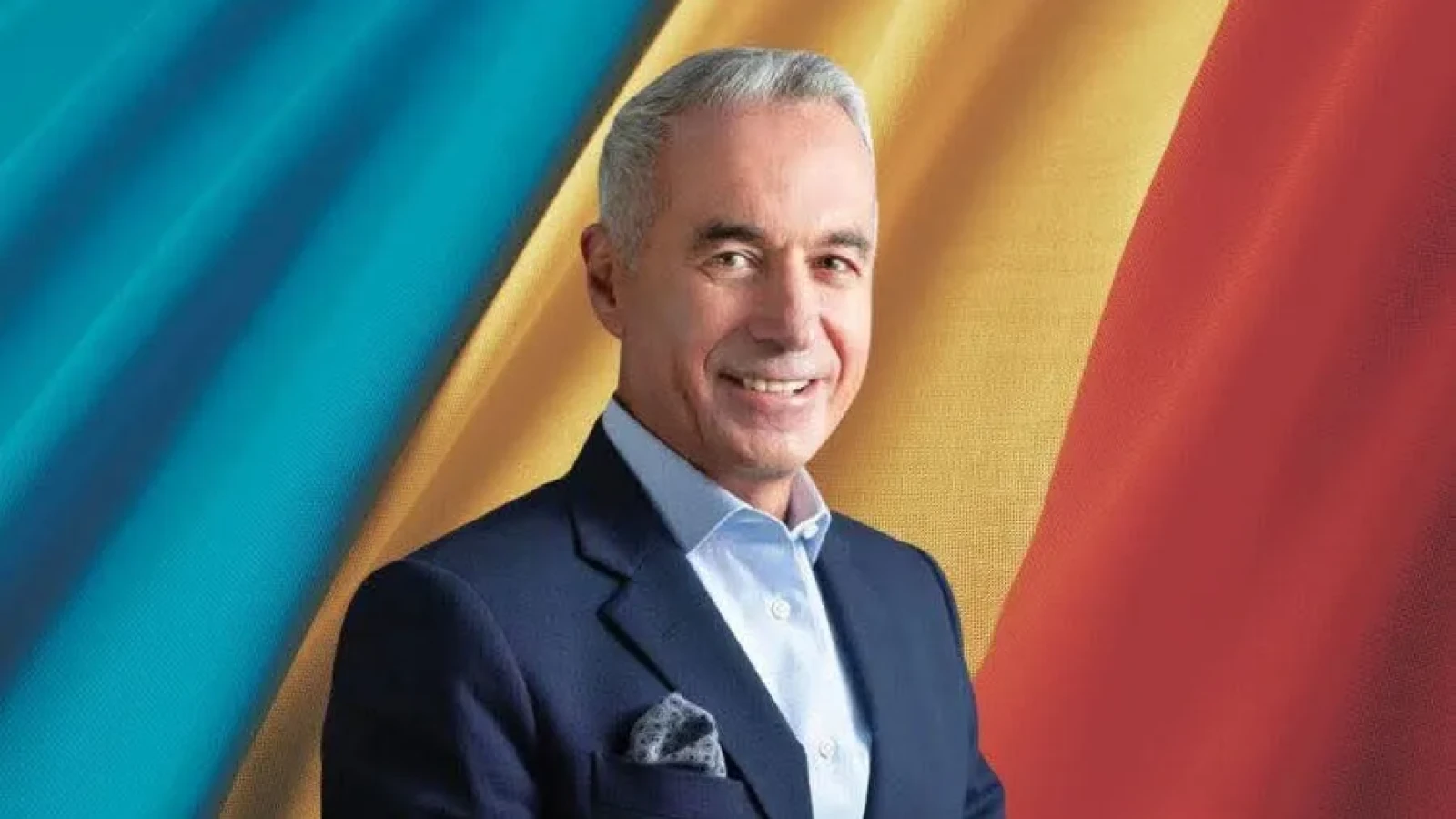

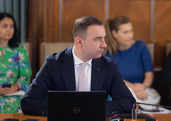



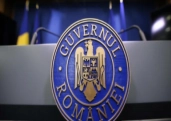


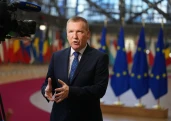


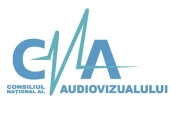





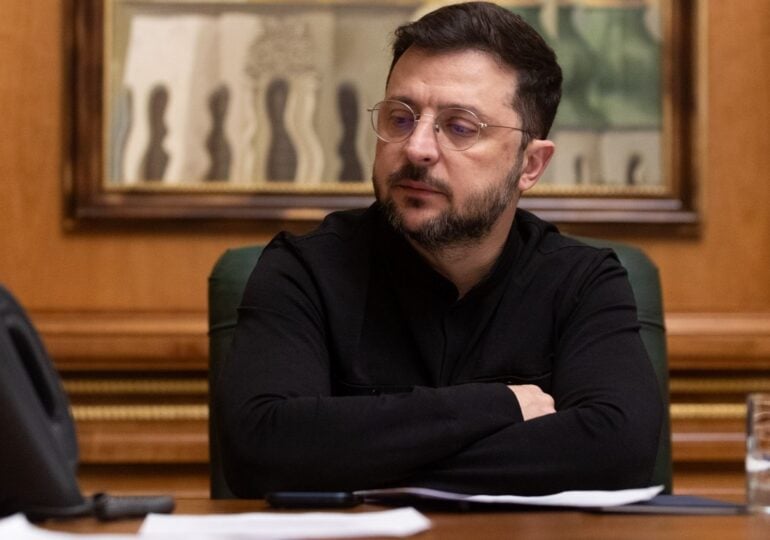






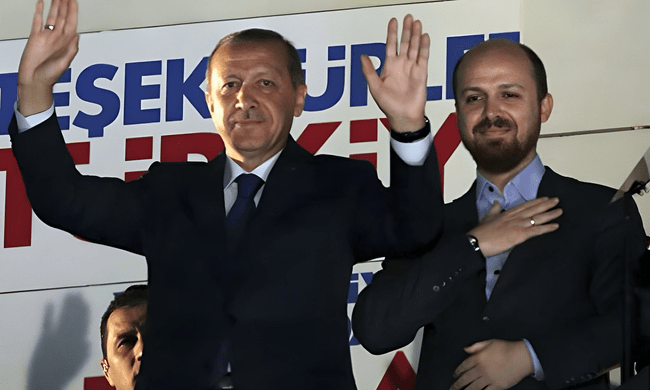



Comentează